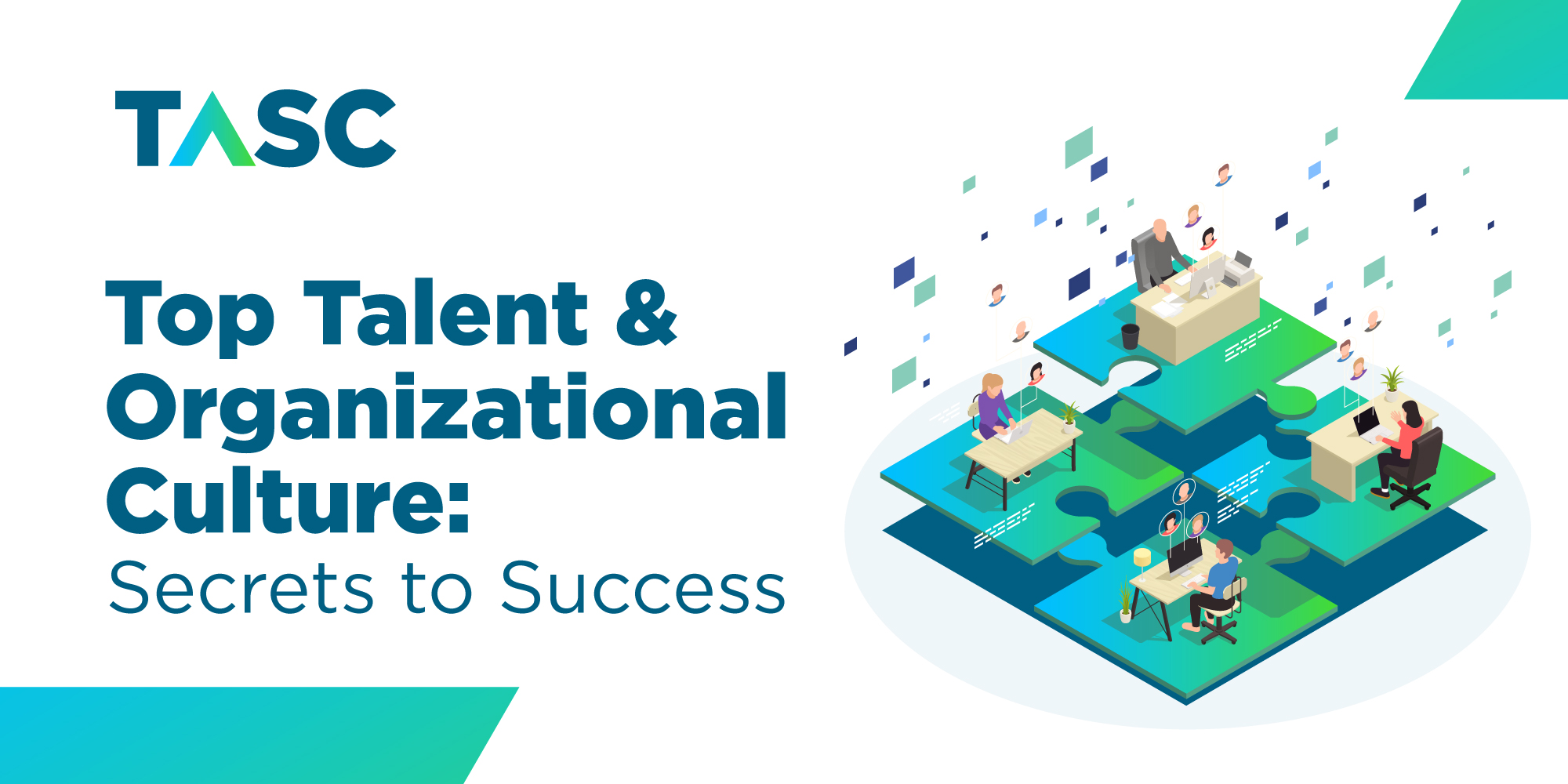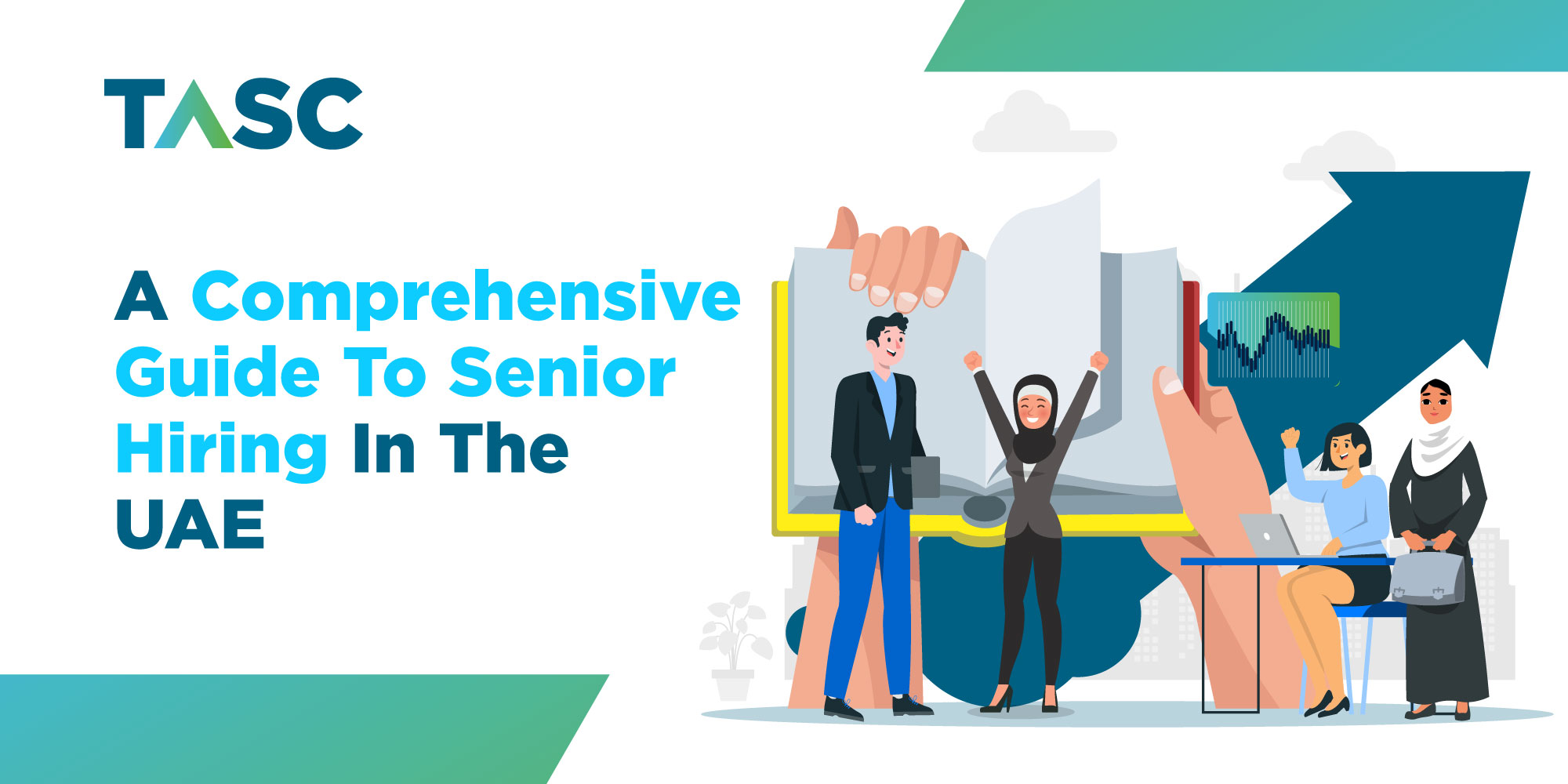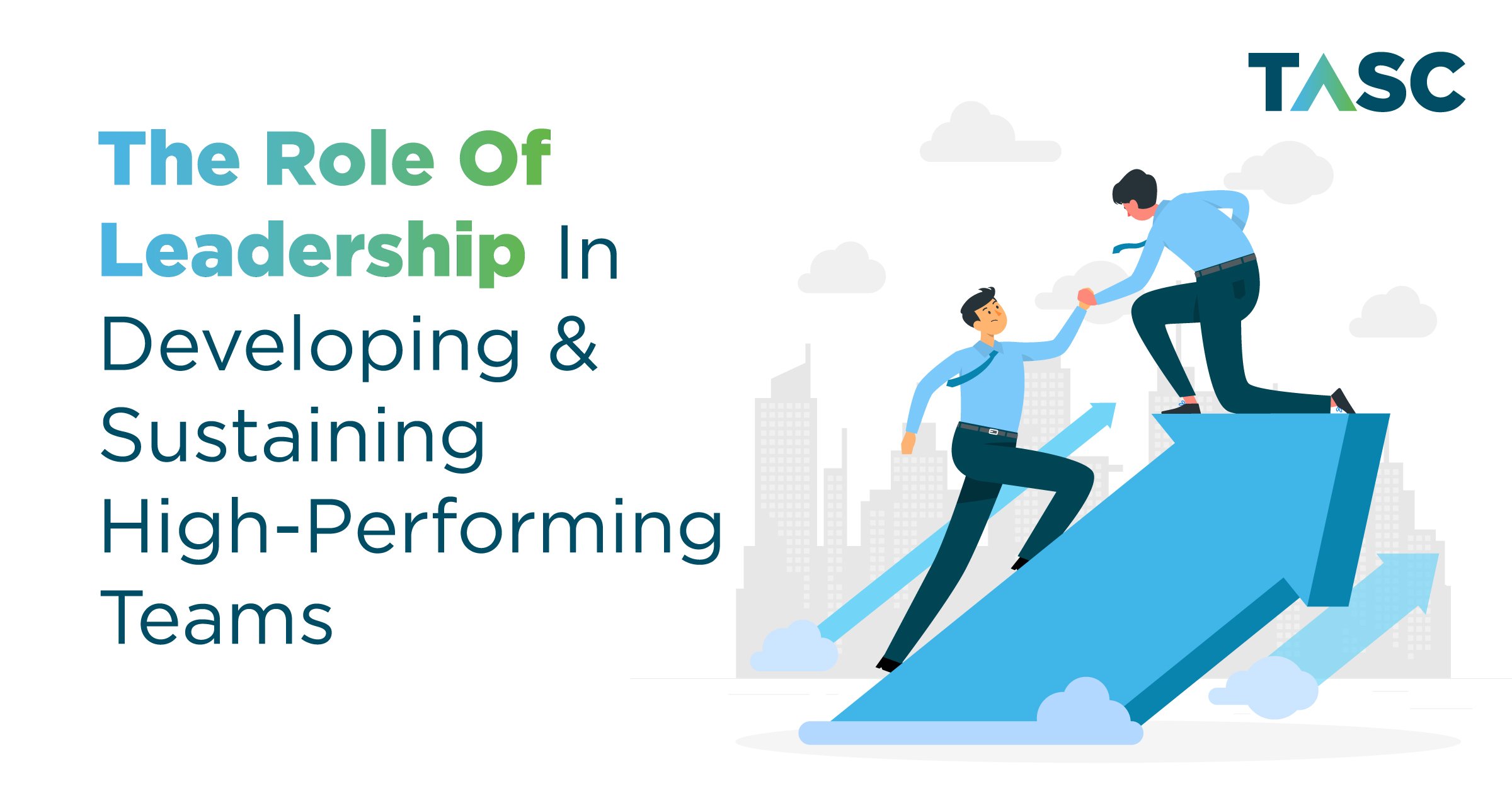Compensation Benefits For Senior-Level Employees
The compensation plan for senior-level employees is calculated differently than the regular employees. In most companies, regular employees have a common compensation plan that includes benefits based on targets and other conditions applied by the company. On the other hand, senior-level employees receive more customized compensation and benefits. The employment benefits for senior-level employees include several components that ensure maximum growth opportunities and other benefits for the employee.
Senior Employee Compensation Plan Features
The benefits for employees in senior positions consist of several features as follows:
- Basic Pay: The basic pay or base pay is the amount the employee receives, excluding all bonuses and incentives. For regular employees, the base pay is usually a set amount, which would be common for all. However, the executives and managers may have customized base pay plans depending on their work experience, previous salary, and skill levels. The company managers and the employee would go on negotiation meetings to decide the final base pay for the employee.
- Bonuses: Unlike regular employees, executives have a wider spectrum of employment benefits. A senior-level employee may receive different types of bonuses such as a signing bonus, referral bonus, retention bonus, holiday bonus, etc. Depending on the negotiations between the employer and the employee, a senior employee may or may not receive these bonuses.
- Incentives: Companies have different incentive plans according to their business needs and senior employee demands. Generally, the two most common incentives are short-term incentives and long-term incentives. Short-term incentives are annual, quarterly, or monthly incentives paid to the employees according to their target achievements and team performance. These are paid in cash and credited to the employees' accounts with their next salary. On the other hand, Long-term incentives are complementary incentives provided to the executives for their achievements over the long run, and they get cancelled if the employee terminates the job.
- Employee Stock Options: Depending on company preferences, a company may offer stock options such as non-qualified stocks, statutory stocks, restricted stocks, phantom stocks, etc. The non-qualified stock option allows an employee to purchase company stocks at a set price in future. The price is usually the Fair Market Value of the stocks when the offer is made, and the employee is provided with a timeframe within which he or she can purchase the stocks at that set price. The Statutory Stock option also allows employees to acquire company stocks at a set price as a long-term incentive. However, a restricted stock option is different. It is offered by the employer as a gift or a purchase option when the employee meets set targets and long-term goals in the future. The company may offer actual stocks or promise to offer stocks at a point in future. Under The Phantom Stock option, employees do not acquire stocks, but they get Stock Appreciation Rights instead. According to the conditions and the quantity of these SARs, the company offers bonus incentives in cash or stocks in future, so the employees get a higher rate at the time of pay-out.
- Employment Benefits Insurance: Benefits for employees working in a senior position will also include a set of employment benefits insurance schemes. Some common insurance schemes are medical insurance for the employee and his/her family members, life insurance for the employee, and unemployment insurance. These insurance schemes are provided to develop a loyal and reliable relationship with senior-level employees. The insurance schemes offer better job security and peace of mind, giving the idea that the company is actually for its executives. When it comes to executive employee retention rates, these insurance benefits play a decisive role.
- Executive Retirement Benefits: Any company would want to retain its executives till they reach their retirement. Hiring a senior-level employee is a costly affair, and the company would always want them to work for the long term. This is why companies often include a good retirement plan in the employee benefits plan. Companies offer an option to participate in the NQDC (Non-Qualified Deferred Compensation) retirement plan, which is usually an employee-funded plan that also offers tax benefits over the current payout. The company may also offer a SERP (Supplemental Executive Retirement Plan). The SERP is also a type of NQDC retirement plan, but this is employer-funded. There are mainly two types of SERP plans, defined contribution SERP and Defined Benefit SERP. The defined contribution SERP is when the employer funds a certain amount towards the NQDC plan according to the employee performance, and in the defined benefit SERP plan, the employer assures to pay a certain amount of retirement income. The defined contribution SERP accumulates interests and other benefits over time, while in defined benefit SERP, the employee receives a set amount at the time of retirement.
- Other Benefits: Along with the compensation and employee benefits insurance, a company may also offer other benefits like travel tickets, company plane travel, car, college and school tuition for children, holiday packages for family, termination provides, etc. These benefits are determined based on negotiations between the employer and the employee during the initial hiring process.
Employment Benefits Negotiation
As you can see, executive and senior-level benefits have several factors compared to regular employment benefits. Based on company preferences and employees' needs, the benefits are determined and stated during the negotiations. The employment benefits negotiations are conducted between the employer and the executive employee, and the terms agreed upon are then stated in the employment contract.
Importance of HR Professionals
The HR professional's role is crucial when it comes to compensation and benefits for senior-level staff. The HR team ensures that the incentive plans and other benefits are neatly aligned with the company's objectives and the employee's demands. Here are a few key factors the HR team focuses on.
- Company objectives and goals related to employee retention and incentive management
- Communications related to incentives, bonuses, tax benefits, etc., with the employees
- Along with these factors, the HR team also ensures that the compensation and benefits are benchmarked to maintain competitiveness among the employees over the long run.
Outsourcing HR and Staffing Needs
Outsourcing HR and staffing solutions is one of the best options for efficient compensation and benefits planning. The business managers and staff can focus on other operations while the expert HR solutions providers handle your company's staffing needs. A professional service provider also has access to databases and forums, allowing them to hire executive-level and senior-level staff with ease. So the overall hiring process is much faster, and the compensation plans are more efficient when you partner with professional HR and staffing solutions.
Better Senior-Level Compensation Leads to Better Company Performance.
Clearly, benefits for employees at the senior level have a direct impact on the company's performance. The better a company retains its skilled senior-level employees, the better the performance of lower-level employees, and it all reflects on overall revenue generation and sales.
So, don't take risks. Get in touch with a top HR and Staffing solutions provider and fine-tune your senior-level compensation and benefits to ensure long-term growth and success.





